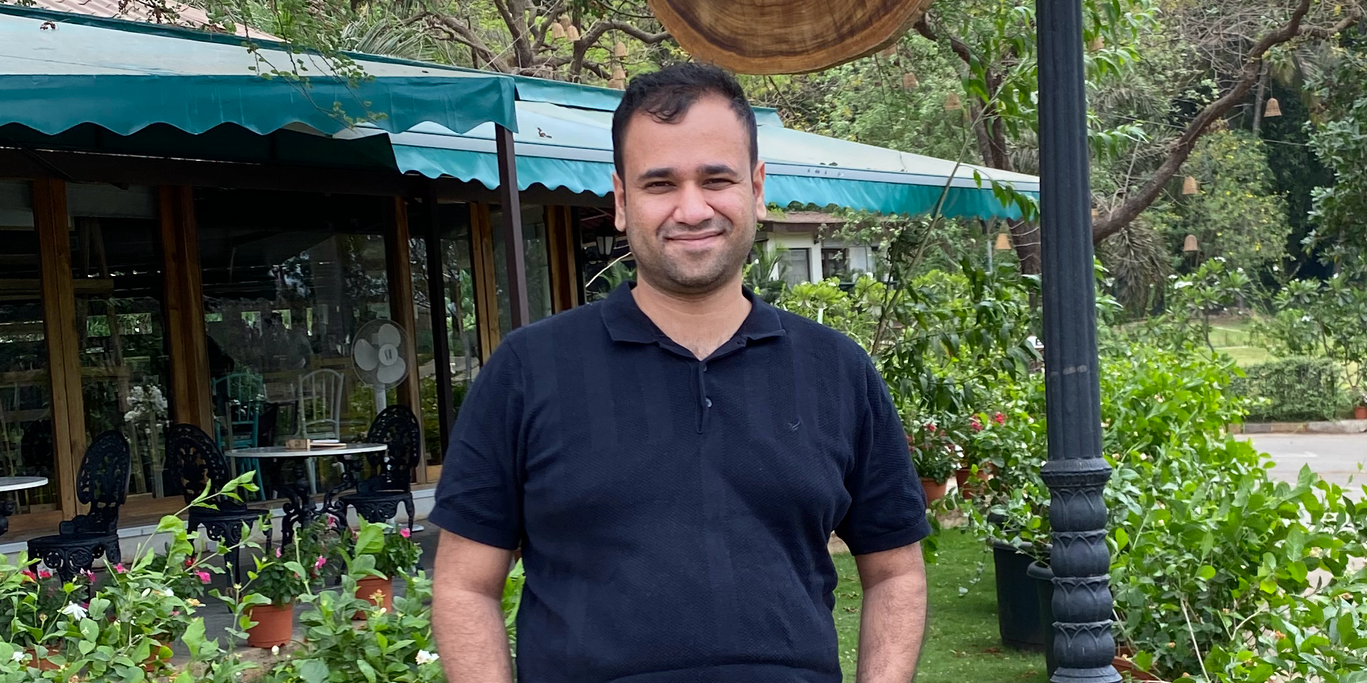Careers on a Different Path Lead to More Rewards

The start of the calendar New Year is a good time for reflection. Every year, some 15 million aspiring young adults enter the workforce in India, many knowing that the chances of finding a job are not favorable. Millions struggle with mid-career decisions. In my regular travels around India I’m often in contact with some of the best and the brightest who are pondering where to focus their future. Should graduates look towards following traditional paths in engineering or financial services? Join a tech startup to help ignite the next ecommerce craze? Or should they look abroad to Silicon Valley or other tech meccas, or are the opportunities better staying home India? At the same time, I’m also in contact with many experienced professionals facing a decision similar to what I faced only a few years ago: should one continue pursuing a traditional career path in pursuit of every greater responsibility and remuneration? Or step off the corporate tread mill and start the next phase of personal and career development, wherever that may take you? My message to aspiring youth and to mid-life career changers is somewhat contrarian: don’t follow the pack. Look where others are not looking, create opportunity, and find meaning by serving the largest segment of the world’s population, those living as “the base of the economic pyramid.”With about 4 billion people world-wide surviving on annual household income of under $10/day family income (and one quarter of them in India), the market is giant, and it’s massively under-served. The “poor tax” of higher prices that the poor pay for goods and services is well documented, as is the lack of quality options for obtaining education, healthcare, or basic necessities. There’s a new class of companies being created that focus largely on these opportunities and more. I and my partners at Unitus Seed Fund call them “BoP startups”.

Sure, looking to make your fortune at the next Nest may be exciting, and joining a hot new private equity company in NYC or Mumbai may promise future riches. Taking a big regional or national role in a growing company would be challenging and rewarding. But the people I speak with are often seeking more than economic opportunity and professional challenges. They want to find opportunities to create meaning as well as millions. They want to spend their time inventing products, services, and solutions that serve the needs of people around them in new and exciting ways. They don’t want to copy something that’s already been done in India or anywhere else, follow in the paths of their predecessors, or invent something that might have been patented last year in Silicon Valley. They are looking for impact that’s truly rewarding in all ways. Let me tell you about two such people.Anyone living in a major metro in India has fretted over the difficulty of finding someone to fix a problem in their apartment or home. From ensuring routine cleaning to obtaining emergency plumbing repairs, getting reliable and quality service is getting harder every year. Sharath Vasta, founder and CEO of Jack on Block Services, saw this need just like everyone else, and he decided to do something about it. Only 4 years after receiving a degree in hotel management, in 2012 he left a well-paying corporate job to found Jack on Blockwith two goals in mind: first, address a key need that middle and upper income consumers have throughout urban India, and second, offer steady employment, fair wages, and benefits to the multitudes in the “disorganized labor” sectors that provide handyman and cleaning services. He aims to profitably serve consumer needs while raising the standard of living of thousands of low-income workers in major metros, starting in Bangalore. Consumers love the Jack on Block service and Sharath has his hands full growing his business. Fortunately he can find people to keep his apartment clean while he works the long hours.

Surga Thilakan followed a more conventional path. After receiving a bachelor’s in commerce in 1996, she pursued a conventional professional career, starting as a chartered accountant and then moving into more senior roles in analysis, marketing, and finance. Thirteen years into her career, she saw an opportunity to step off of the traditional path and make a profound difference in the lives of tens of thousands of low-income students who were graduating every year with B/Com degrees but not finding jobs. And she realized that by using innovative content and a capital-efficient delivery system, her new company iSTAR Skill Development could make handsome margins at the same time. Surga’s startup dream has become a reality, with iSTAR growing rapidly in Bangalore, soon to be serving students in other major metros as well.What do these stories have in common? Clearly, they are both about entrepreneurs who are creating BoP startups that can provide both economic rewards for their promoters and investors, and at the same time deliver built-in social impact. In my experience, the skills required to lead such businesses are a little different than your average startup. Leaders must hunger for opportunities to go where others have not gone -- or have tried and failed. They have to have the discipline to build large scalable organizations that may not make much money from any one person but which can return consistent profits as they aggregate crores of transactions across large numbers of customers. And they must have the courage and commitment to build organizations that deliver positive social impact hand-in-hand with the growth of their business.
To succeed, BoP startup leaders also need capital. One can get an early stage business in these sectors off the ground for relatively little money, but funds to grow and achieve scaled impact typically must come from “angel” investors and ultimately professional venture capitalists. India’s angel groups including Mumbai Angels and the Indian Angel Network are increasingly involved in early stage social impact startups, as are NRIs looking to invest “back home”. And funds like Aavishkaar, Unitus Seed Fund (where I am co-founder), and Acumen are very active in India, finding, investing in and supporting entrepreneurs leading promising BoP startups. As businesses grow, their capital needs grow also. The good news is that over a dozen later-stage growth investors are also actively placing capital in the impact sector, with over $500,000,000 available to support BoP startups as they transform into substantial business entities.
About the guest author

Will Poole, Co-Founder & Managing Partner, Unitus Seed FundWill Poole is a Social Technologist and venture investor, focused on improving ecosystems that bring social and economic opportunity to low-income populations. He serves as Chairman of NComputing, a leader in low-cost, low-energy computing and co-founded Bangalore-based Pengala Learning and Vidyanext, whose mission is to change the way India learns. He leads Social Venture Partners Seattle’s initiatives around social entrepreneurism including Social Innovation Fast Pitch, serves on the investment committee of the W-Fund, co-founded SVP Bangalore, and serves on three nonprofit boards.








![[Startup Bharat] Y Combinator-backed BeWell Digital is enabling the digital transformation of radiologists](https://images.yourstory.com/cs/2/40d66ae0f37111eb854989d40ab39087/ImagesFrames31-1648033042143.png)


